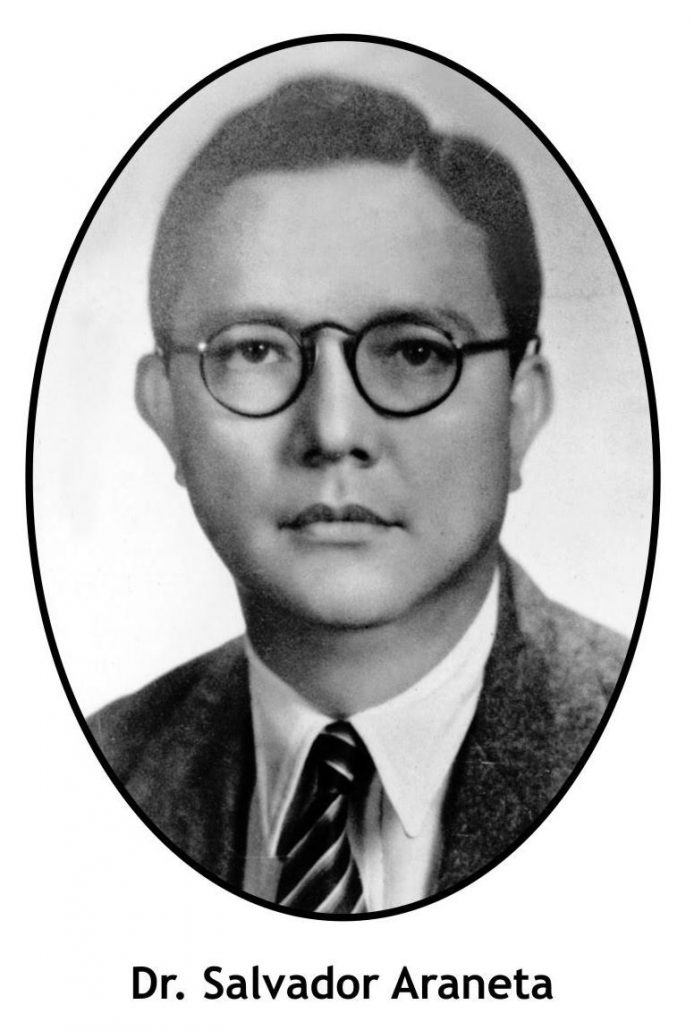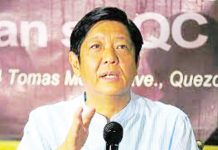 ARTICLE II
ARTICLE II
DECLARATION OF PRINCIPLES AND STATE POLICIES
Principles
Sec. 1 – The Philippines is a democratic and republican State. Sovereignty resides in the people and all government authority emanates from them.
Sec. 2 – The Philippines renounces war as an instrument of national policy, adopts the generally accepted principles of international law as part of the law of the land and adheres to the policy of peace, equality, justice, freedom, cooperation, and amity with all nations.
Sec. 3 – Civilian authority is at all times, supreme over the military. The Armed Forces of the Philippines is the protector of the people and the State. Its goal is to secure the sovereignty of the State and the integrity of the national territory.
Sec. 4 – The prime duty of the Government is to serve and protect the people. The Government may call upon the people to defend the State and in the fulfillment thereof, all citizens may be required, under conditions provided by law, to render personal military or civil service.
Sec. 5 – The maintenance of peace and order, the protection of life, liberty and property, and the protection of the general welfare are essential for the enjoyment by all the people of the blessings of democracy.
State Policies
Sec. 7 – The State shall pursue an independent foreign policy. In its relations with other states, the paramount consideration shall be national sovereignty, territorial integrity, national interest and the right to self-determination.
Sec. 9 – The State shall promote a just and dynamic social order that will ensure the prosperity and independence of the nation and free the people from poverty through policies that promote adequate social services, promote full employment, a rising standard of living, and an improved quality of life for all.
Sec. 10 – The State shall promote social justice in all phases of national development.
Sec. 11 – The State values the dignity of every human person and guarantees full respect for human rights.
Sec. 12 – The State recognizes the sanctity of family life and shall protect and strengthen the family as a basic autonomous social institution. It shall protect the life of the mother and the life of the unborn from conception.
The above Sections of Article II have been selected as all these are a build-up to support and affirm the right to life of every person, as well as the quality of life of all. In fact, our Constitution forbids abortion or the early termination of life. I believe they shall also include forbidding euthanasia.
All the articles pertaining to the quality of life, full employment, rural development and such will have the commentary after we discuss our Bill of Rights.
ARTICLE III BILL OF RIGHTS
Sec. 1 – No person shall be deprived of life, liberty, or property without due process of law, nor shall any person be denied the equal protection of the law.
Sec. 2 – The right of the people to be secure in their persons, houses, papers and effects against unreasonable searches and seizures of whatever nature and for any purpose shall be inviolable, and no search warrant or warrant of arrest shall be issued except upon probable cause to be determined personally by a judge after examination under oath or affirmation of the complainant and the witnesses he may provide, and particularly describing the place to be searched and the persons or things to be seized.
Sec. 3 – (1) the privacy of communication and correspondence shall be inviolable except upon lawful order of the court, or when public safety or order requires otherwise as prescribed by law.
(2) Any evidence obtained in violation of this or the preceding section shall be inadmissible for any purpose in any proceedings.
Sec. 11 – Free access to the courts and quasi-judicial bodies and adequate legal assistance shall not be denied to any person by reason of poverty.
Sec. 12 – (1) Any person under investigation for the commission of an offence shall have the right to be informed of his right to remain silent and to have competent and independent counsel preferably of his own choice. If the person cannot afford the service of counsel he must be provided with one. These rights cannot be waived except in writing and in the presence of counsel.
(2) No torture, force, violence, threat, intimidation, or any other means which vitiate the free will shall be used against him. Secret detention places, solitary, incommunicado, or other similar forms of detentions are prohibited.
(3) Any confession or admission obtained in violation of this or Section 17 thereof shall be inadmissible in evidence against him.
(4) The law shall provide for penal and civil sanction for violations of this section as well as compensation to and rehabilitation of victims of torture or similar practices, and their families. (To be continued/PN)





